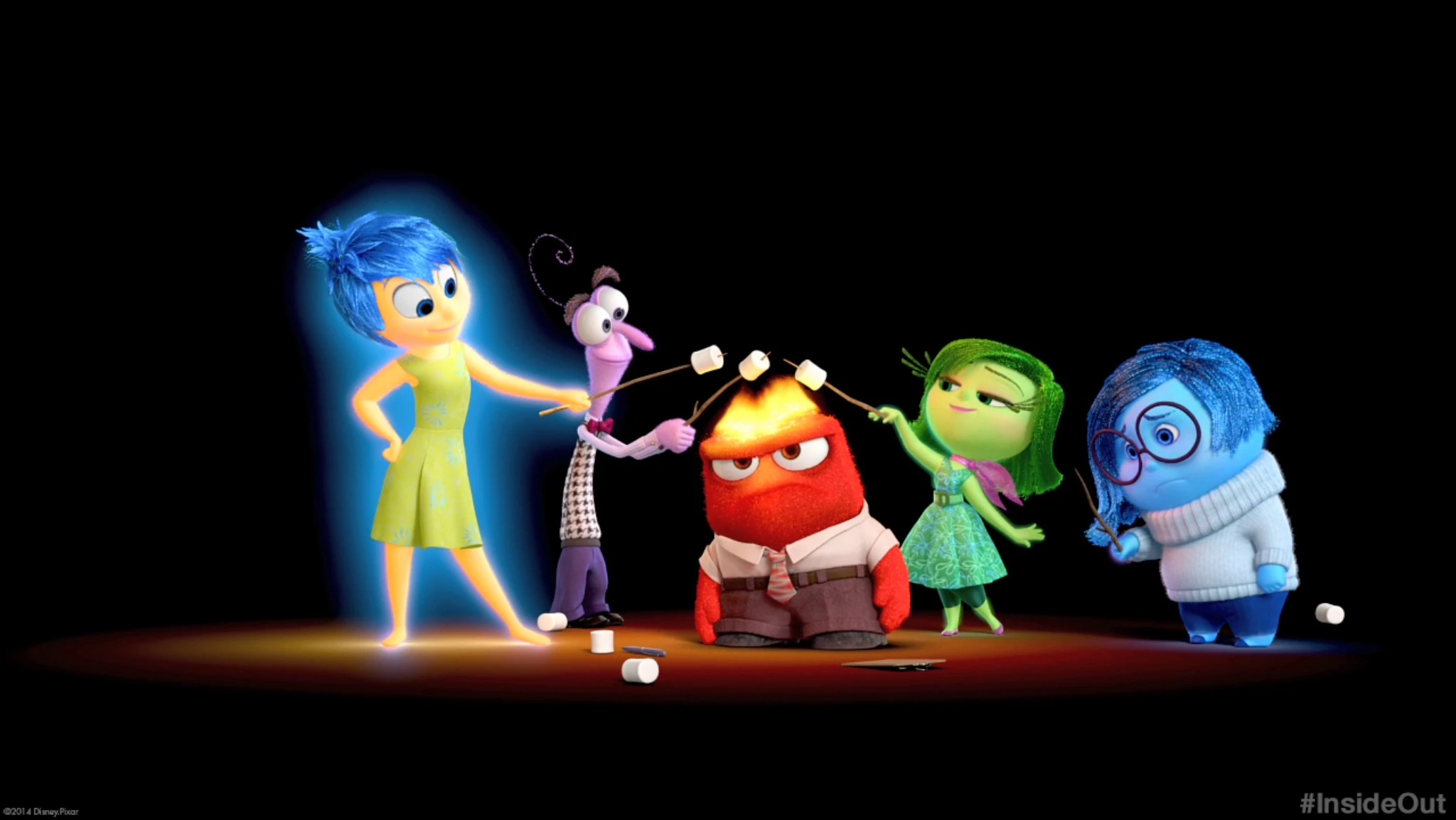 It takes a lot of years living in another country to understand exactly how much emotions are affected
It takes a lot of years living in another country to understand exactly how much emotions are affected by culture. And sometimes, watching a movie or reading a novel throws those differences into stark relief. Watching Inside Out in a Brazilian cinema was one of those moments.
Internationally, Brazilians are famous for their joy: the extravagant shows of carnaval, the contagious beat of the samba, Ronaldinho's playful smile as his dribbled past year another open-mouthed defender. Living here, however, one sees that Brazilians are as comfortable in sadness as they are in joy: people express their melancholy openly, in a way that many Americans would see as embarrassing, death is not a taboo subject, and when you listen carefully to the lyrics of those great sambas, most of them are about sadness. For instance:
O samba é pai do prazer,
O samba é filha da dor
O grande poder transformador
(Samba is the father of pleasure,
Samba is the child of pain.
The great transformative power)
One of the things that Rita (my Brazilian wife) always comments when she goes to the United States is that happiness is obligatory, while sadness is seen as a failure or even a sin. When Americans feel sad, we have to hide it, and if people we love aren't happy, we see that as a failure, too. For Rita, this kind of obligatory happiness is extremely difficult... and after a couple of years living here, I have to say that I agree. Americans have turned emotion into morality, with happiness standing in for good, and sadness for sin.
(The Brazilian theory of the relationship between joy and sadness, by the way, is that sadness is a kind of rest. Just as one must sleep in order to be awake, one must be sad from time to time in order to be joyful. Music and dance play the role of mediators between the two.)
In this context, Inside Out says something truly revolutionary to Americans. When Riley (the little girl in the film) becomes depressed, it is not because she is really, really, really sad. That depression happens when sadness is banished from the "Command Center:" depression is not an excess of sadness, but the lack of it. And perhaps even more significantly, when you banish sadness, you also banish joy.
Loads of pop sociology and pop psychology could emerge from this insight, but I'll leave that to everyone else. For me, the movie serves a a kind of touch-point for a series of lessons I have been learning over the last fifteen years in Brazil: sadness is not a sin and emotions are not ethics. And when we are able to accept that sadness (and many other emotions Americans would tag as negative) are a positive and enriching part of human experience, we will be much better people.
And we'll probably be less depressed, too.
